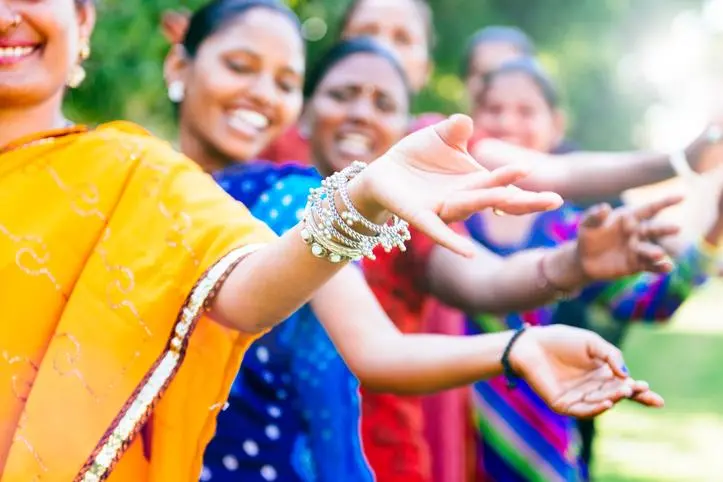PHOTO
NEW DELHI (Thomson Reuters Foundation) - Rising property prices in parts of India have helped achieve what women's rights groups have tried and failed to do for decades - get more women to claim their inheritance.
A 2005 law gave Hindu women across India equal inheritance rights but few have made claims because they are unaware of the law, or have been forced to give up their claims by male family members, according to analysts.
But an increase in property prices near the Indian capital, New Delhi, has pushed more women in Haryana state to claim their share, gender and land rights experts said on Wednesday.
"Despite laws that give rights of inheritance to women, low levels of education and a strong patriarchal tradition can rob women of these rights," said Prem Chowdhry, a gender expert who has researched women's inheritance in Haryana.
"But because prices of land have sky-rocketed in these areas, women are being pushed by their husbands or fathers-in-law to claim their share of the family property, or at least be compensated in some way for it," she said on the sidelines of a land conference in New Delhi.
Property prices in the three Haryana cities that are closest to Delhi have risen by more than half in the past decade as more migrants flocked to the capital and transport links improved, according to Anarock, an Indian property consultant.
Amendments in 2005 to the Hindu Succession Act, which governs matters of inheritance among Hindus - who make up about 80 percent of India's population - made women's inheritance rights equal to those of men.
Yet in several states in northern and western India, the custom of "haq tyag", or sacrifice of right, is practised, where a woman relinquishes her claim on ancestral property.
The tradition is justified on the grounds that the father pays for his daughter's wedding and often also gives a dowry, and therefore only the sons are entitled to the family property.
While haq tyag is voluntary, women come under enormous pressure to comply to maintain their relations with their families, Chowdhry told the Thomson Reuters Foundation.
Although there is no official data on inheritance claims made by women in India, only 13 percent of farmland is owned by women, according to the latest census data from 2011.
In a bid to address the imbalance, several states including Haryana - which has amongst the worst gender imbalances in the country - have lowered registration charges and taxes when a property is in the name of a woman.
These changes have done little to improve women's property ownership rates, said Govind Kelkar, a senior advisor to the global land rights advocacy group Landesa.
While agreeing that rising property prices could push more women to claim their inheritance, Kelkar said women still had little control over the property they inherited.
"There can also be an increase in violence against women," she said. "The patriarchal tradition is so strong that women, who themselves own property, when asked if they will leave it to their daughter, still say no."
(Reporting by Rina Chandran @rinachandran; Editing by Michael Taylor. Please credit the Thomson Reuters Foundation, the charitable arm of Thomson Reuters, that covers humanitarian news, women's and LGBT+ rights, human trafficking, property rights, and climate change. Visit http://news.trust.org)
© Reuters News 2019





















